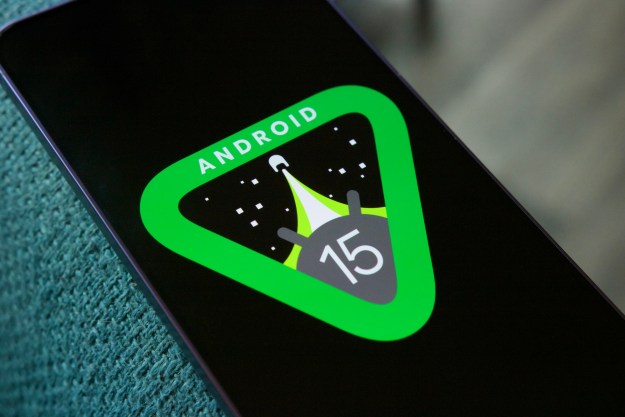 In the wake of the week’s revelations regarding location tracking by both iPhones and Android phones, Google today responded by highlighting the fact that “all location sharing on Android is opt-in by the user.”
In the wake of the week’s revelations regarding location tracking by both iPhones and Android phones, Google today responded by highlighting the fact that “all location sharing on Android is opt-in by the user.”
The controversy comes following a discovery this week by security researchers that Apple’s iPhone has been tracking user movements since the release of iOS 4 last June. While users of Android phones wondered if the same thing was happening on their smartphones, a Swedish researcher by the name of Magnus Eriksson was beavering away in his lab discovering that they did.
The search giant’s unnamed spokesman, being quoted in an article in the Wall Street Journal, also said, “We provide users with notice and control over the collection, sharing and use of location in order to provide a better mobile experience on Android devices….any location data that is sent back to Google location servers is anonymized and is not tied or traceable to a specific user.”
Although the spokesman describes location sharing as “opt-in”, the out-of-the-box configuration of Android smartphones is such that you’ll already be set to “opt-in”, which seems more in than out to us. For those of you who’d rather be “out” than “in”, you’ll have to uncheck the checked box when asked about location services. It’s all starting to sound a bit Hokey Pokey, isn’t it?
Google claims that the collection of data is to improve services such as the provision of maps and to ensure that the most up-to-date information regarding stores and restaurants is available to the user.
It seems like this controversy is going to rumble on for some time to come. According to a report in the UK Guardian, at least three European countries – Italy, France and Germany – are set to launch investigations to find out if any privacy laws are being broken. Other countries may follow.
Apple has not yet commented publicly on the issue.
This is clearly an issue which, if it was handed to me in the form of a King Edward potato, may well burn my fingers. Do you mind that Apple and Google are collecting data about the whereabouts of your smartphone?
Editors' Recommendations
- The Google Pixel 8a price just leaked. Here’s how much it’ll cost
- A new Google Pixel Tablet is coming, but it’s not what you think
- The most common Google Pixel 8 problems and how to fix them
- Android 15 release date: When will my phone get the update?
- The 6 biggest announcements we expect from Google I/O 2024

